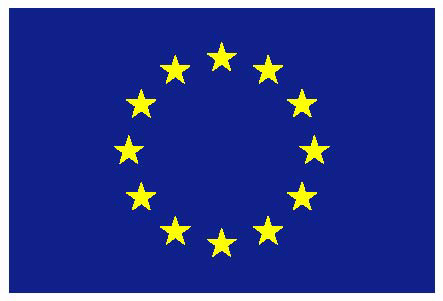AGORA
Alternative Grassroots Organizations as a Response to Austerity: perspectives from Southern Europe
In recent years the global financial crisis and the consequent austerity measures have triggered protest movements all over the world. In Southern Europe there has been a strong wave of mobilizations directed to defend public welfare provision, with anti-austerity movements characterized by a call for social justice framed in solidarity and inclusion, against the perception of a reduced capacity by the state of addressing citizens’ needs. This low level of trust in institutional politics has triggered the creation of alternative spaces of deliberative and participatory democracy, directed to experiment with different political expressions.
Against this background, a crucial question is whether and how this claim for different forms of democracy has been translated by social movements into the development of grassroots organizational forms that bring increased democracy also into the economic sphere. In order to address this still underinvestigated question, AGORA project will focus on those grassroots entrepreneurial activities that originate from the civil society, in this specific case as a direct expression of anti-austerity movements, and that are characterized by the prevalence of social objectives over profit maximization. Grassroots entrepreneurial activities with a social aim have taken different forms and denominations (social enterprises, social economy, third sector, etc.) and specific characteristics according to the context analyzed. AGORA will focus on Social and Solidarity Economy (hereinafter SSE), since this concept focuses mainly on the process of democratization of the economy.
Moreover, SSE organizations have been interpreted as characterized by “a dual dimension”, which is economic as well as political. SSE organizations are engaged in the promotion of social and environmental justice thanks to both the economic and political empowerment of producers, users and workers they support. SSE organizations are meant as alternative organizations to mainstream economy that focus on local territorial and community development, are distinguished by a collective ownership or management of means of production and redistribute surplus to disadvantaged groups and communities. Consequently, they are a way of institutionalizing grassroots collective efforts of finding alternative, inclusive, and participatory ways of providing public goods and services. Furthermore, SSE, being embedded within the broader community, is meant to have a positive impact on the community as a whole and not only on the organizations’ members.
The general objective of AGORA will be to assess how SSE is politically framed by investigating the linkages between social movements and SSE in Spain and Portugal. Specific objectives will be to empirically and theoretically assess under which conditions social movements are conducive to the emergence SSE organizations, and to determine the extent to which social movements shape and influence the economic, social, and especially the political dimension of SSE.
Starting from a social movement perspective, AGORA will adopt an interdisciplinary approach, by finding synergies between social movement scholarship, economic anthropology, organization studies and SSE scholarship (which is per se interdisciplinary), with the aim of integrating different approaches proposed by these disciplines.
This project has received funding from the European Union’s Horizon 2020 Programme for research and innovation under grant agreement no 747082.


